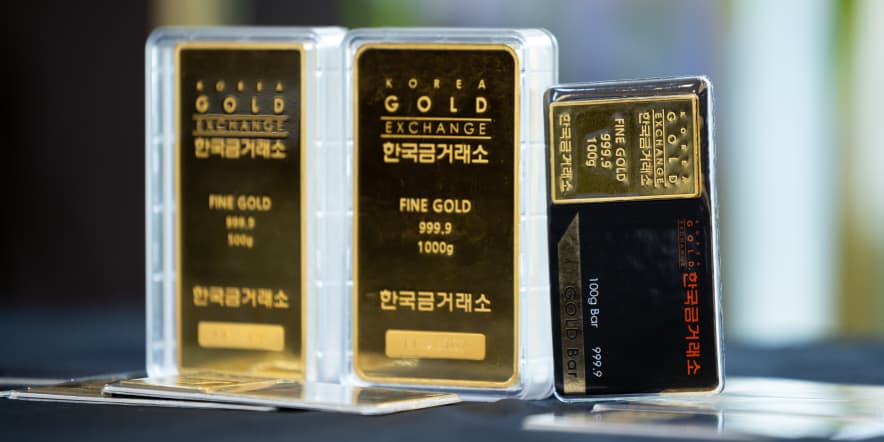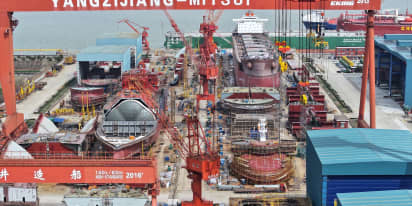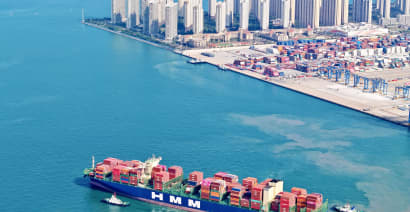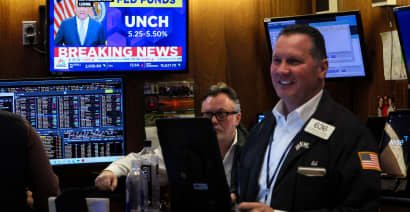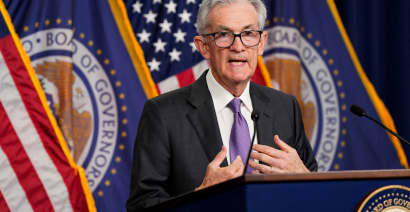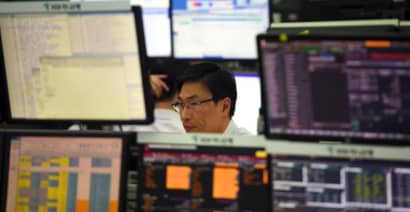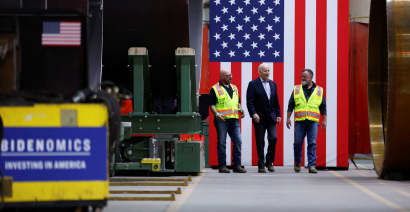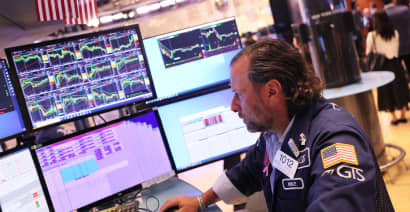South Korea
Trending Now
- 1
- 2
- 3
- 4
- 5
More
Tue, Mar 26th 2024
Tue, Mar 26th 2024
Thu, Mar 21st 2024
Thu, Mar 21st 2024
Wed, Mar 20th 2024
Wed, Mar 20th 2024
Wed, Mar 13th 2024
Wed, Feb 28th 2024
Tue, Feb 27th 2024
Mon, Feb 26th 2024
Fri, Feb 23rd 2024
Fri, Feb 23rd 2024
Thu, Feb 22nd 2024
Thu, Feb 22nd 2024
Wed, Feb 21st 2024
Tue, Feb 20th 2024


